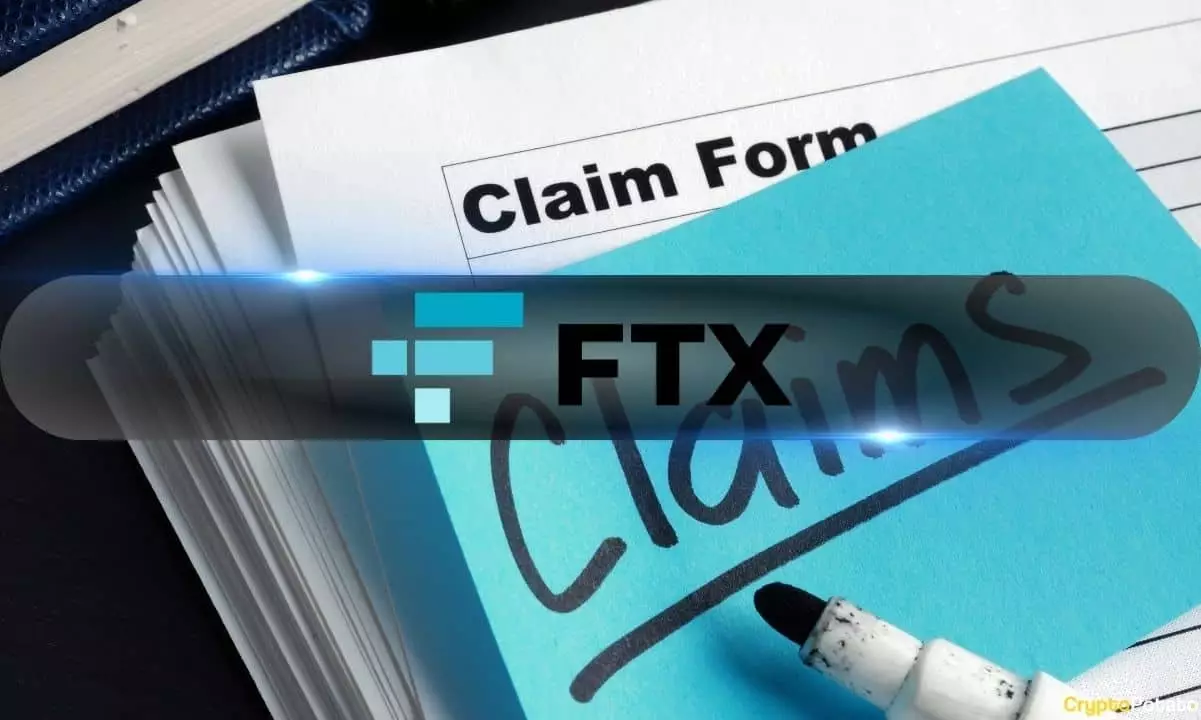The proposed reorganization plan of the bankrupt cryptocurrency exchange FTX has faced significant objections from creditors regarding its compliance with the Bankruptcy Code. The objections, as highlighted by FTX creditor activist Sunil Kavuri, include issues related to property rights, the best interest test, and the liquidation analysis of debtors. These concerns were formally submitted by FTX creditors Ahmed Abd El-Razek, Pat Rabbitte, Noia Capital, and Kavuri in the U.S. Bankruptcy Court for the District of Delaware. The objections were raised a month after FTX unveiled its plan to repay customers, claiming to have more funds than required for the process.
Under the proposed reorganization plan, FTX intends to pay 98% of creditors with claims below $50,000 within 60 days after approval, exceeding their allowed claims by roughly 118%. Non-governmental creditors are slated to receive 100% of their claims along with potential 9% interest payments. While this plan was met with some approval from the crypto community, Kavuri and other dissenting creditors have expressed dissatisfaction with certain aspects of the repayment terms. Specifically, there is a call for repayments to be made “in kind” to avoid tax implications for creditors.
The objectors argue that the distribution of assets rather than cash would benefit the customers by avoiding tax reporting events. They believe that FTX could potentially collaborate with another crypto exchange to facilitate these in-kind distributions, as handling it internally might pose challenges. Moreover, the objectors reject the proposed plan on the grounds that it may not be legally confirmable, includes releases not aligned with the estate’s interests, and features unclear terms of service and statements by the debtors.
The criticisms raised by Kavuri and the dissenting creditors shed light on the complexities and potential shortcomings of FTX’s reorganization plan. The objections underscore the importance of adhering to legal requirements, protecting the interests of creditors, and ensuring transparency in bankruptcy proceedings. It remains to be seen how FTX will address these concerns and whether modifications will be made to the proposed plan in response to the feedback received.
The objections to FTX’s reorganization plan serve as a reminder of the inherent challenges and complexities involved in dealing with bankruptcy procedures, especially in the fast-evolving realm of cryptocurrency exchanges. By critically assessing the proposed plan, creditors are playing a vital role in advocating for fair and equitable outcomes for all parties involved.
















Leave a Reply